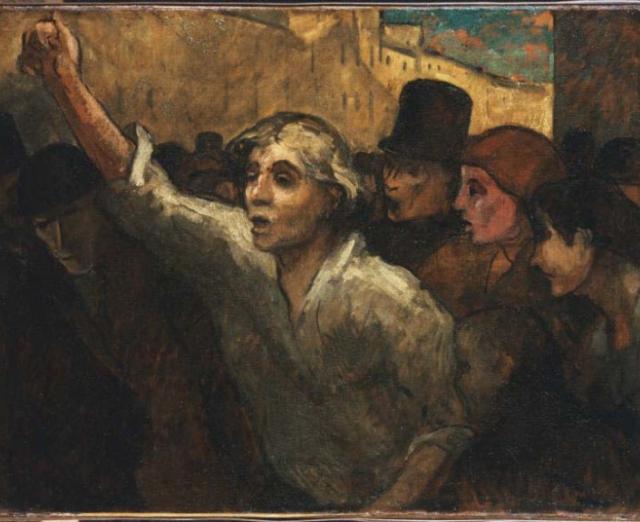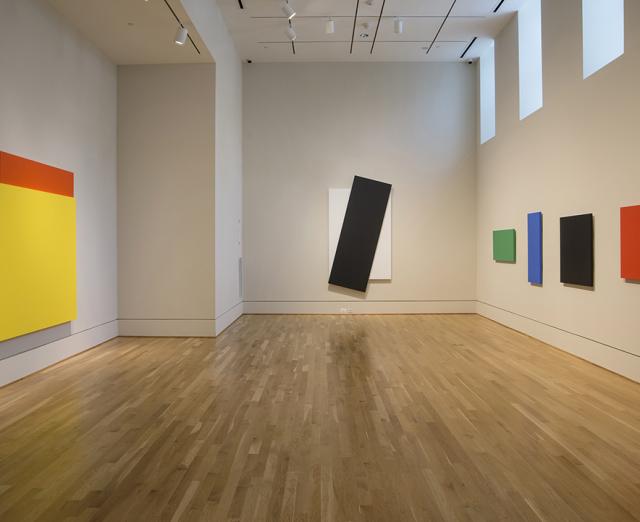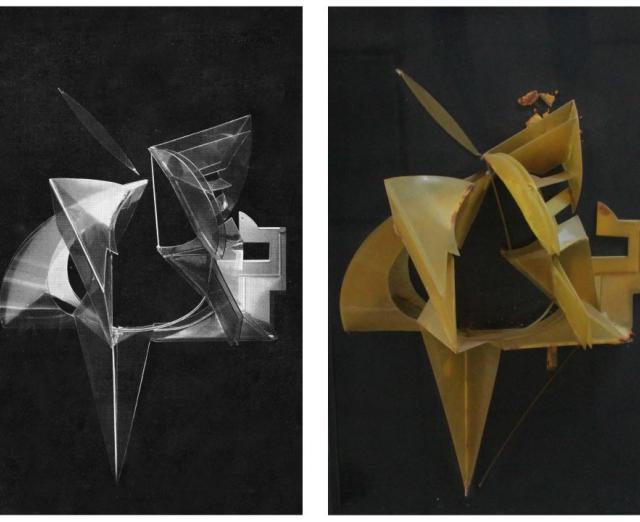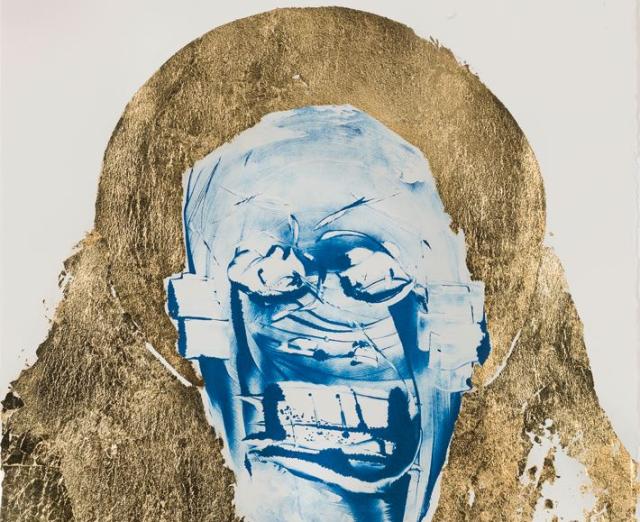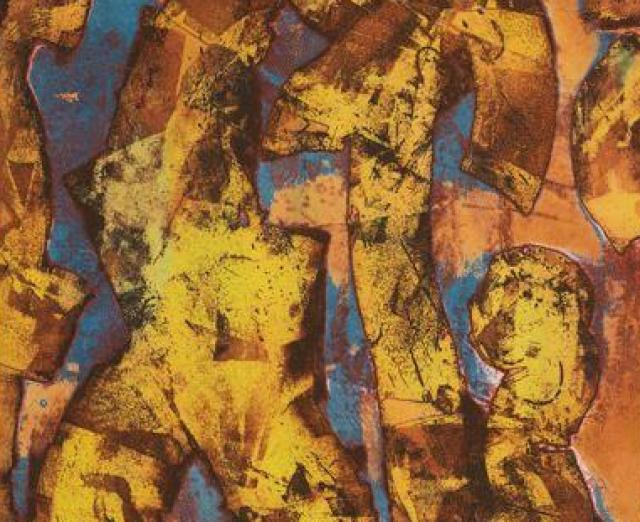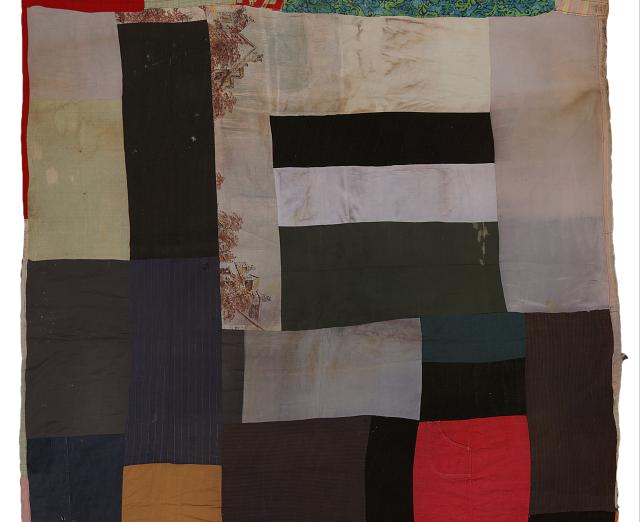Responding to The Migration Series: Tearrance Arvelle Chisholm
Collection, Exhibitions & Events
The Phillips has commissioned five plays from local playwrights in response to Jacob Lawrence’s Migration Series. The resulting 10-minute, one-act plays will be performed on October 20. In this series, we interview each playwright.
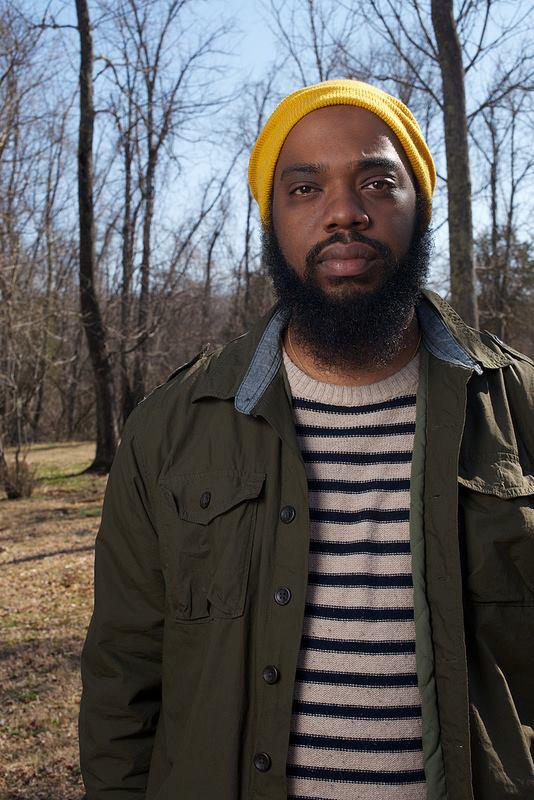
Tearrance Arvelle Chisholm
Why did you decide to get into theatre? Was there someone or a particular show that inspired you?
Tearrance Arvelle Chisholm: I got into theatre as a writer. I was a Fine Arts major in undergrad at the University of Missouri–Columbia. I wanted to break up the tedium of four hour studio classes, with a class where I got to sit at a desk and read and write. But I had an aversion to facts at the time. So I took a creative writing class. I took it so many times that they eventually wouldn’t allow me to take it anymore. On a whim, I took a playwriting class instead. The first play I wrote became a finalist for a prize at the Kennedy Center. I got a free trip to DC, where I fell in love with theatre and the city.
Tell us a little bit about your writing process. Do you have any writing rituals? Do you write in the same place or in different places?
TAC: I write sober and edit drunk—or vice versa. I don’t have a certain place I write, but I need to be alone. I tend to talk out loud and move around while I’m writing, so this isn’t really conducive to a coffee shop. I sometimes pick a song that I feel captures the mood, tone, and rhythm of the play, and then I listen to it on repeat. But for me, each play is different and I find that I have a different rituals depending on the play.
Please share your thoughts on what The Migration Series means to you. What excited you about being a part of this festival?
TAC: As a visual artist as well as a playwright, I’m really excited by opportunities to marry art and theatre. For me, The Migration Series represents the power of limitations. I find Jacob Lawrence’s process extremely fascinating in that he limited his palette to just a few colors. I think working within a set of limitations actually makes you more creative.
Tell me a bit about your play. What is it about, and what do you hope audiences will walk away thinking about after hearing it?
TAC: In the final hours of the project, this play became extremely personal. It follows the journey and migration of my own family from Mississippi and my personal migration to DC. At the same time, it speaks to a bigger, more mythological migration—a universal narrative. I hope the audience will walk away considering the migration of their own families and how they relate to larger migration narratives.
Which of the Migration Series panels inspired your play? What drew you to it? What was it like to write a play inspired by a work of art?
TAC: I was really inspired by Panel no. 3. I was drawn to it because of the mass of people all moving on one accord and the fact that their journey is mirrored in the flight of the birds. This forced me think of migration as an instinctual imperative. I wrestled with whether there was some inborn impulse to migrate in humans, as well as how much of human migration is instinctual and how much is practical. I’m still considering these questions.
Why do you think the message of The Migration Series still resonates today? How does your play related to that message?
TAC: I think that migration (or at least the impulse) is a sort of universal experience and it still resonates because people are still in motion.
What advice do you have for up-and-coming playwrights?
TAC: Read plays. See plays. Write plays.
What next for you? Where can we follow your work?
TAC: Next up, I’ll be joining the Lila Acheson Wallace American Playwrights Program at Juilliard this fall. And my play Hooded: or Being Black for Dummies will receive its DC world premiere at Mosaic Theatre in January 2017. You can follow me on twitter @theatrethirsty.
